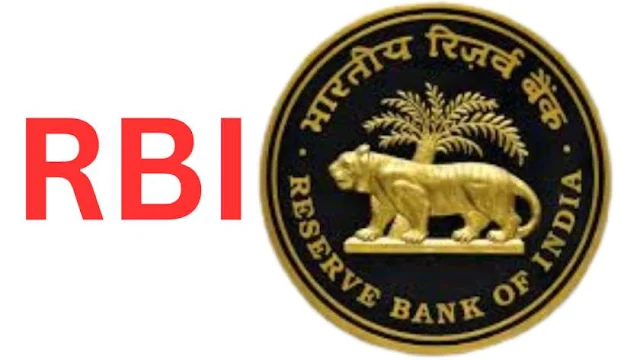RBI New regulation: The RBI is introducing a new regulation as the countdown for individuals who do not return the loan begins
RBI New regulation: The RBI is introducing a new regulation as the countdown for individuals who do not return the loan begins
 |
| RBI New regulation: The RBI is introducing a new regulation as the countdown for individuals who do not return the loan begins |
RBI Regulations: In light of a recent development, allow us to inform you that the RBI created a draft last week with the intention of punishing borrowers who willfully default on their debt or who do so even when they are able to pay back the loan. Tell us all there is to know about this development in the news below.
The Reserve Bank of India (RBI) created a draft last week with the intention of punishing those who intentionally default on their debts or who don't pay back loans even when they are capable of doing so. Willful defaulters may have more issues as a result of these new regulations. Willful defaulters are, in actuality, debtors who are able to repay the loan but choose not to.
The RBI has begun preparing to take tough measures against these individuals. According to the Central Bank's latest draft, there would be severe consequences for anyone who knowingly default on loans totaling more than Rs 25 lakh. What makes these proposed regulations unique is that they draw on the opinions of lending firms as well as recommendations from different courts.
Why is the RBI acting in this way?
The rise in incidents of deliberate loan non-repayment in recent years has made this modification against purposeful defaulters imperative. According to a study, the deliberate default loan amount has increased to over Rs 3.4 lakh billion by the end of December 2022.
Because they borrow money and flee, these defaulters are nothing more than criminals to the financial system. Since the bank is responsible for managing public funds, depositors bear the repercussions when funds borrowed as loans are not reimbursed.
The financial sector is vulnerable to these types of debtors.
Bankruptcies do not apply to distressed borrowers or companies who knowingly miss payments on their debts. They now use default as a means of avoiding making debt repayments. These individuals have long threatened the financial system by abusing both the power of money and legal loopholes.
According to the RBI's suggestion, individuals who commit such egregious defaults would need to pay off their previous NPA account before applying for a new loan. In addition, the RBI has suggested that an account should be flagged as a deliberate defaulter within six months of it becoming non-performing assets.
If someone is found to be a deliberate defaulter, these issues will surface.
A person applying for a bank loan would encounter several issues if they are labeled as deliberate defaulters. First of all, the bank or other financial institution will not provide such individuals any further loans. In addition, deliberate defaulters will not be eligible for debt restructuring under this approach. According to the RBI draft, NBFCs should be able to designate accounts as deliberate defaulters while keeping these guidelines in mind.
According to the RBI's circular, the goal of these guidelines is to set up a mechanism for persons who purposefully default on loans, allowing banks and other lending institutions to determine whether or not to lend money to them in the future.

No comments:
Post a Comment